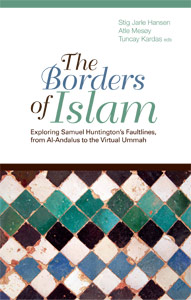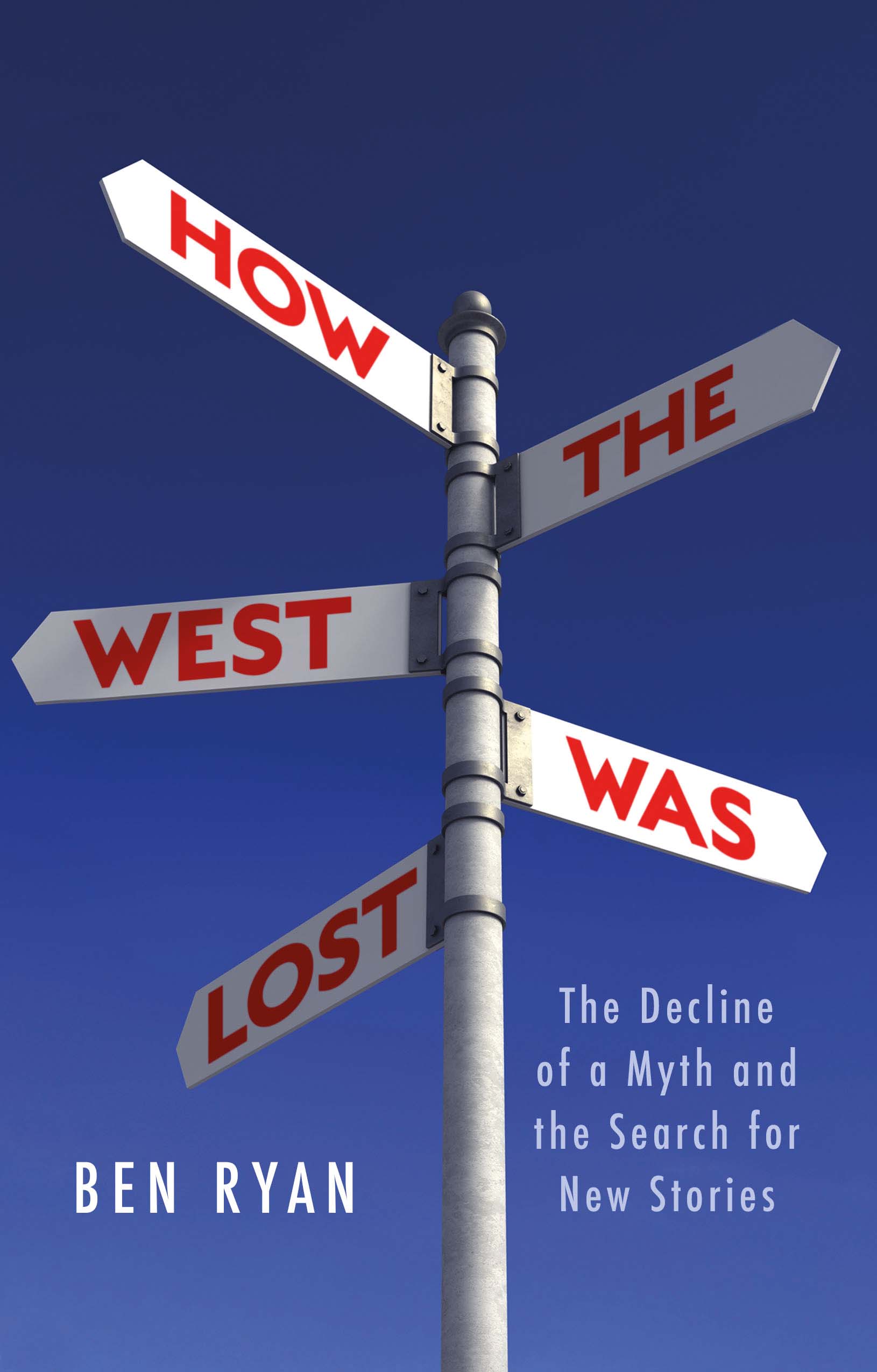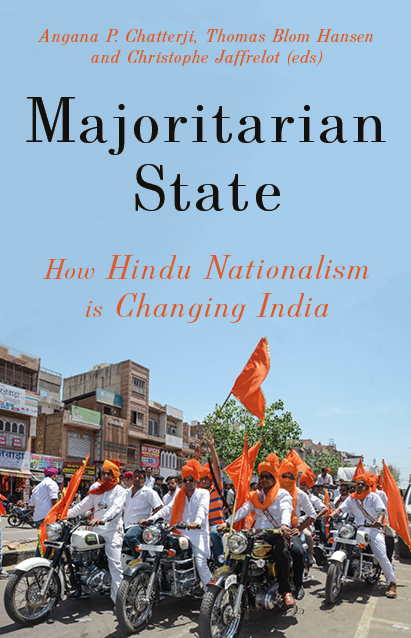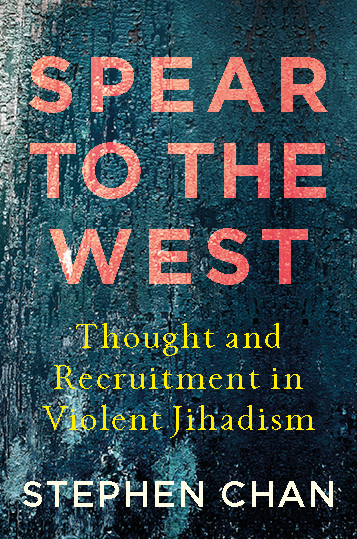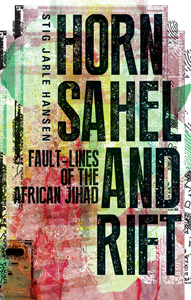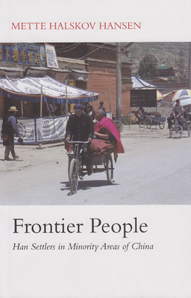Description
In his seminal work The Clash of Civilisations, Harvard professor Samuel P. Huntington claimed that conflict between cultural blocs, or civilisations, will dominate the future. More controversially, he predicted that future conflicts will occur on the borders between Western and Islamic civilisations. The statements of Osama Bin-Laden seem to support his views: ‘This battle is not between al-Qaeda and the US’, he said in October 2001. ‘This is a battle of Muslims against the Global Crusaders’. This specially commissioned set of essays sets out critically to examine the border zones of Islamic civilisation, be they geographical, cultural or virtual. The contributors explore the local dynamics in these zones to test whether or not they support or contradict Huntingdon’s thesis of an emerging global confrontation between Islamic civilisation and its neighbours, be they Christian, Hindu, Buddhist or godless. Among the borders discussed are those where Muslims are the majority (Afghanistan, Bosnia, Chechnya, Ethiopia, Indonesia, Somalia, Pakistan, Turkey), those with very large Muslim minorities (Philippines, Nigeria, India) and those where new faultlines have been created, either through migration (France, the United Kingdom, the United States, Spain) or technology (the internet). A commonthread running through the book is whether the rise of international Salafi jihadism can be traced to countries on the faultline between Islam and the non-Islamic world. The contributors conclude by arguing that many of the border regions of Islamic civilisation are influenced by mechanisms far more complex than those highlighted in The Clash of Civilisations, suggesting that poverty and institutional failure, both often the result of war, tend to heighten religious awareness and practice, but that the effects of these phenomena differ from those suggested by Huntington.
Reviews
‘This conceptually brilliant book serves as a detailed survey of various “frontier states” likely to be involved in any future clash of civilizations. It does not dwell on the usual suspects of the Middle East. Instead, it focuses on other states with either large Muslim populations or fragmented religious communities, particularly those suffering from such destabilizing forces as weak economies or significant external penetration.’ — Christopher Davidson, author of Dubai: The Vulnerability of Success and Abu Dhabi: Oil and Beyond
‘A valuable addition to the ongoing debate about the clash of and dialogue among civilisations.’ — Middle East Studies Association
Author(s)
Stig Jarle Hansen is based at the Norwegian University of Life Sciences in Akershus, where he led Norway’s only MA in International Relations (2010-16). He has conducted extensive field studies in Africa, and is the author of the acclaimed Al-Shabaab in Somalia, also published by Hurst (2013).
Tuncay Karadas teaches at Sakarya University, where he specializes on Turkish security, political theory and Islam.
Atle Mesøy is a researcher in political Islam.
